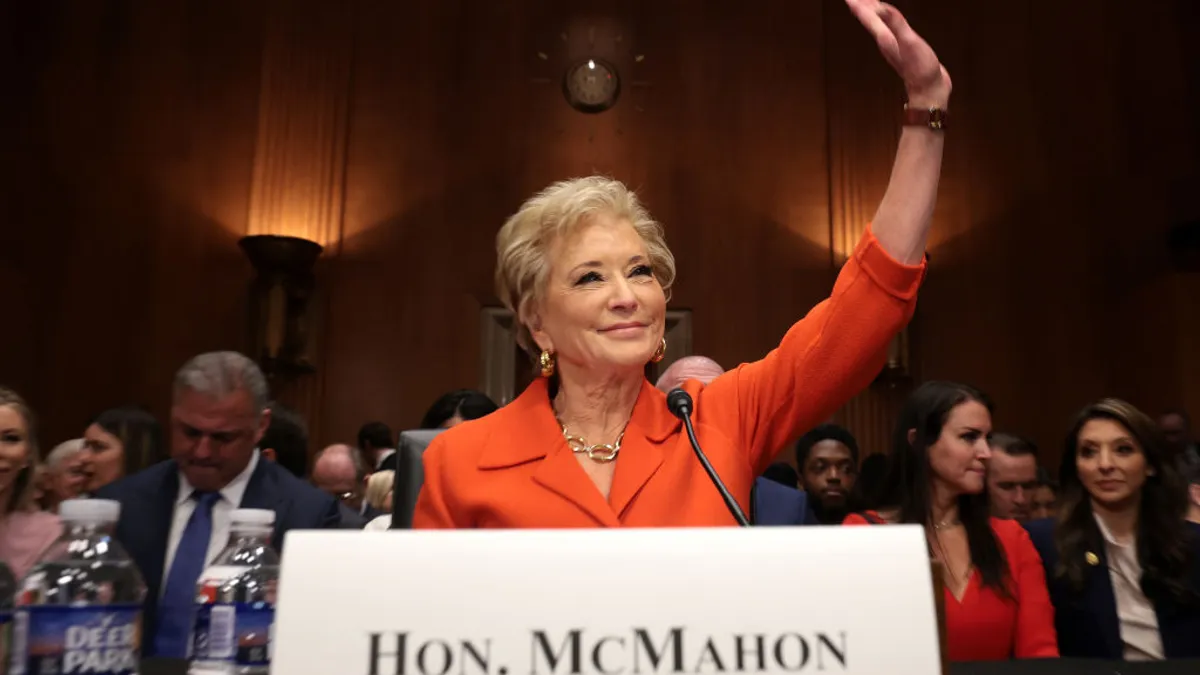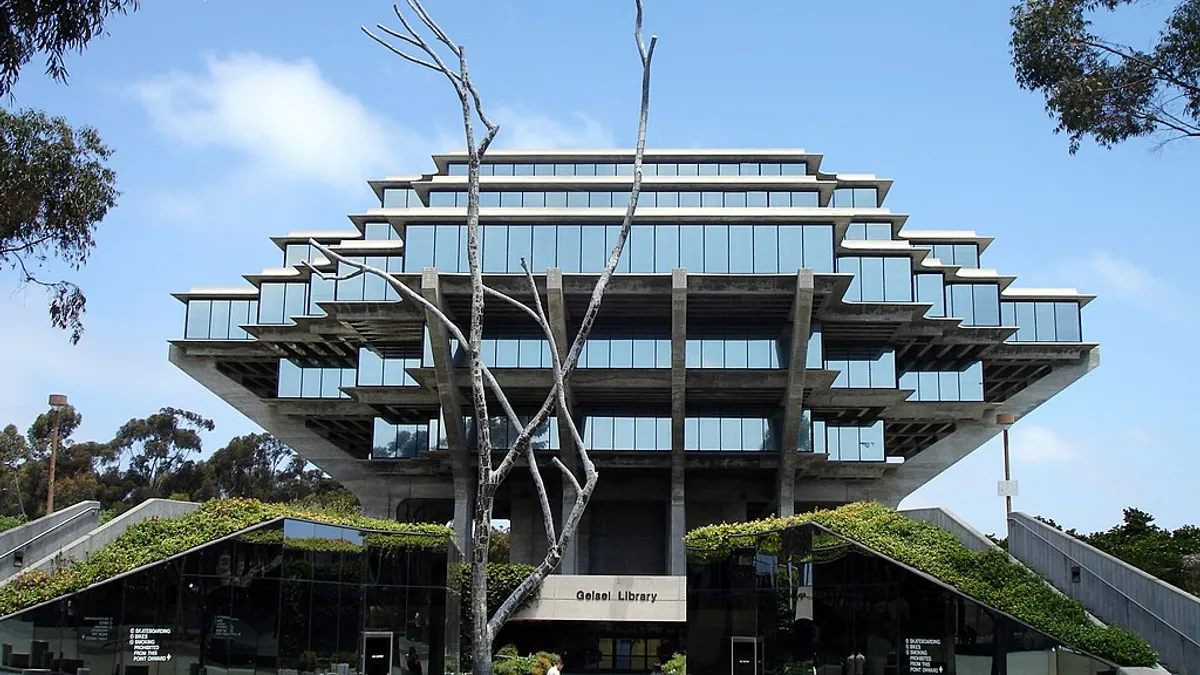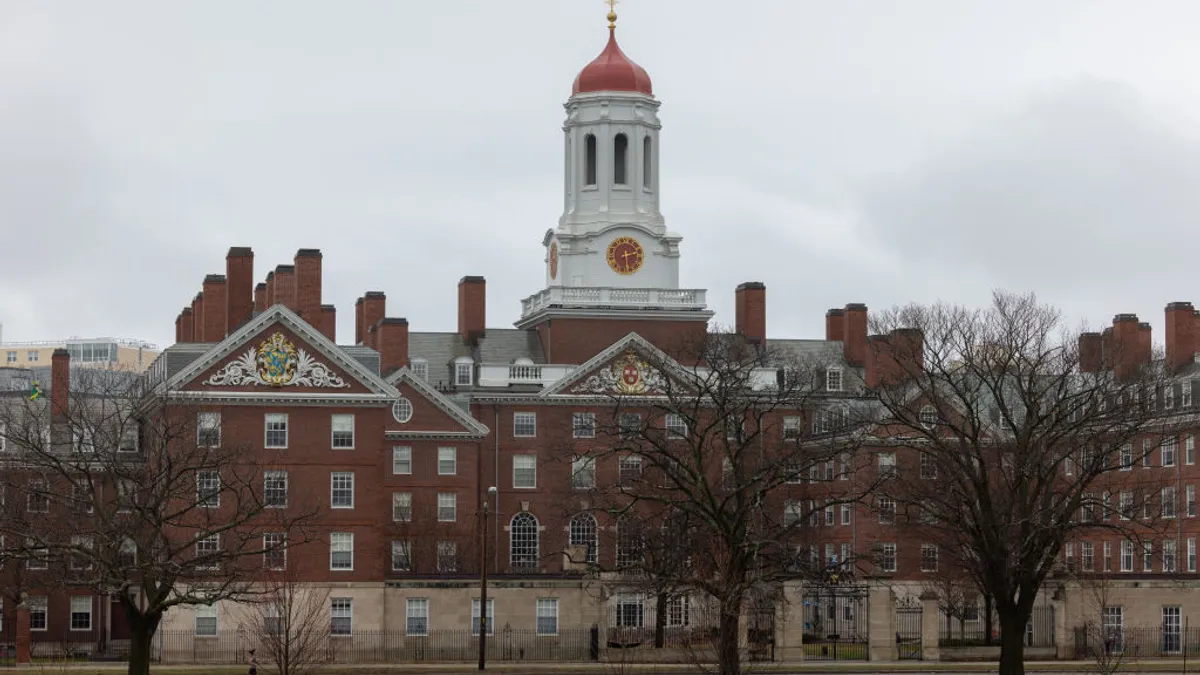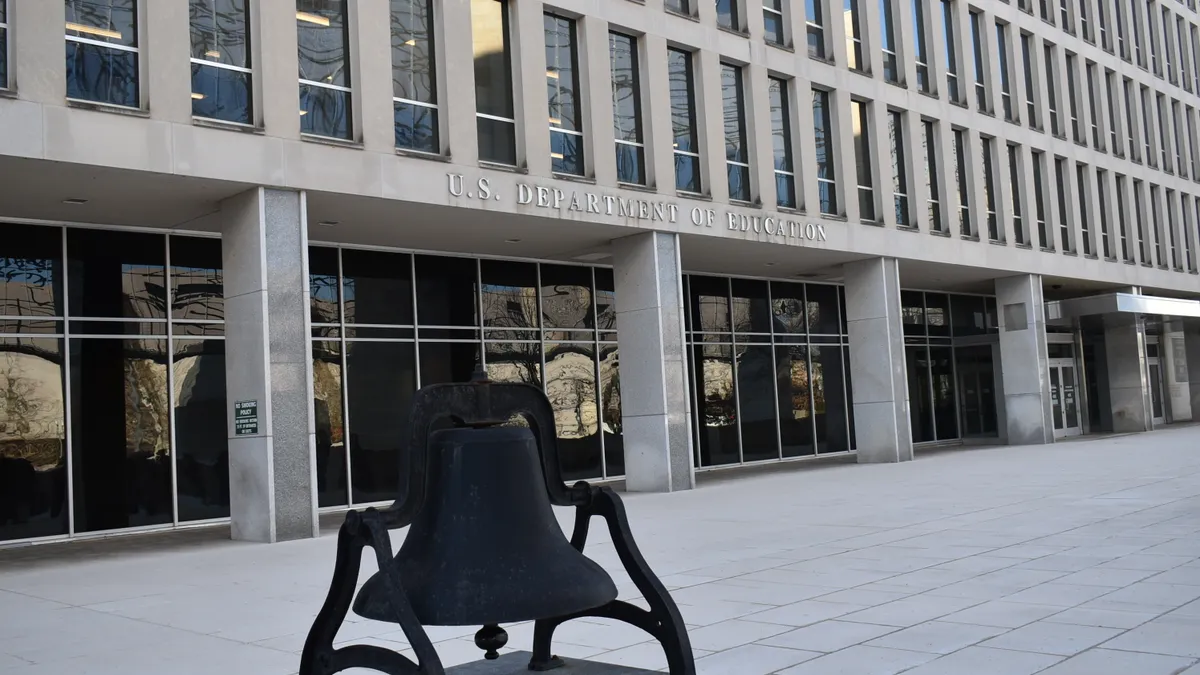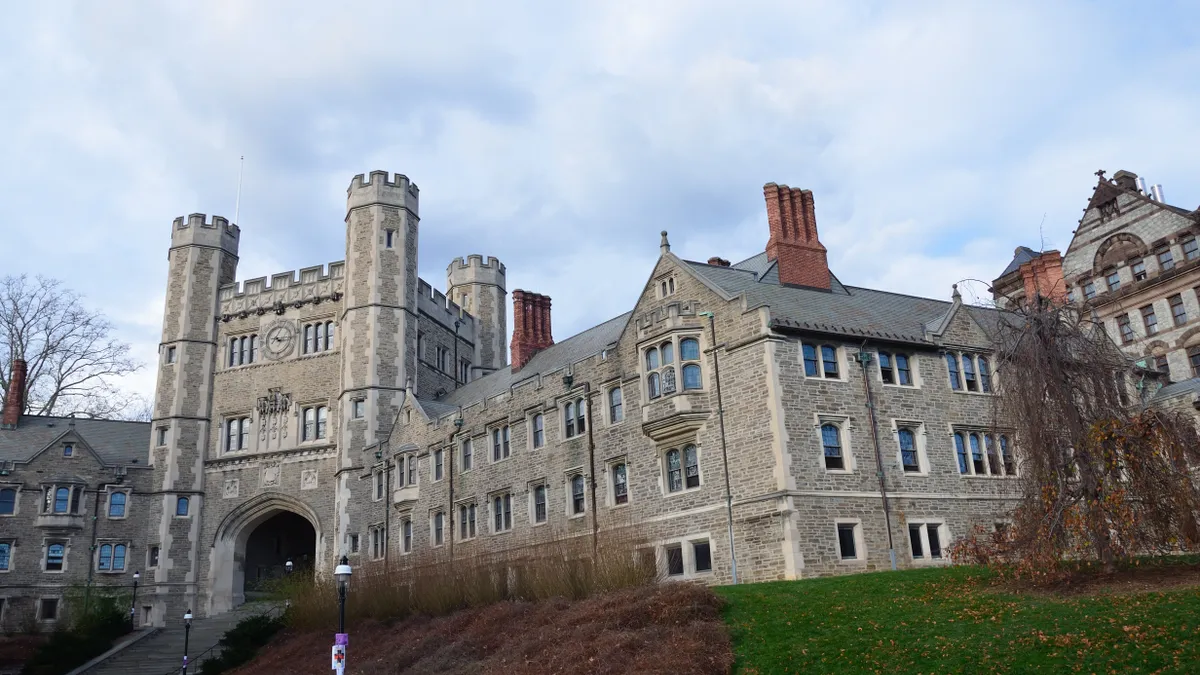In a 5-4 split, the U.S. Supreme Court on Friday granted the Trump administration’s emergency request to maintain a freeze on millions of dollars in federal teacher training grants.
The administration's emergency application, filed on March 26, asked the justices to vacate a district court judge’s order requiring the U.S. Department of Education to reinstate some of Trump’s $600 million in slashed funding. The justices granted Acting Solicitor General Sarah Harris’ call for an immediate administrative stay, which pauses the March 10 order by Judge Myong Joun of the U.S. District Court for the District of Massachusetts while the case continues.
In an unsigned opinion, the Supreme Court majority wrote that the recipient programs wouldn’t suffer permanent damages if the funds were withheld while the case moves through the lower courts. The “respondents have not refuted the Government’s representation that it is unlikely to recover the grant funds once they are disbursed,” the opinion said.
The opinion also suggested the lower court may not have had the authority to issue its order.
In a dissenting opinion, Justice Ketanji Brown Jackson, joined by Justice Sonia Sotomayor, wrote that the notion that some grant recipients may seek to draw down funds that the Trump administration seeks to terminate was the “only hint of urgency that the Government offers to justify its unusual request for our intervention.”
“If true, that would be unfortunate, but worse things have happened,” Jackson wrote.
In a separate dissent, Justice Elena Kagan characterized the majority’s decision as a “mistake” that followed a “barebones briefing,” no argument and little time for reflection. Chief Justice John Roberts did not join either dissent but disagreed with the majority.
The move is the first time the Supreme Court has considered any challenges to President Donald Trump’s efforts to significantly scale back federal education programs — and ultimately dismantle the Education Department.
In the administration's March 26 emergency request, Harris said the case is an example of a broader question the Supreme Court needs to answer: “‘Does a single district-court judge who likely lacks jurisdiction have the unchecked power to compel the Government of the United States to pay out (and probably lose forever)’ millions in taxpayer dollars?”
“Unless and until this Court addresses that question, federal district courts will continue exceeding their jurisdiction by ordering the Executive Branch to restore lawfully terminated grants across the government, keep paying for programs that the Executive Branch views as inconsistent with the interests of the United States, and send out the door taxpayer money that may never be clawed back,” Harris wrote.
The case in question concerns the Education Department’s February cancellation of over $600 million in what it called “divisive” federal teacher training grants funds. The canceled grants had been made under the Teacher Quality Partnership Program and the Supporting Effective Educator Development program.
In March, eight Democratic attorneys general sued the Trump administration to restore the awarded funds. In response, Joun granted a temporary restraining order for the department to reinstate those funds to the eight plaintiff states: California, Colorado, Illinois, Maryland, Massachusetts, New Jersey, New York and Wisconsin.
If the Supreme Court were to order the Trump administration to reinstate the grants to those eight states, the acting solicitor general said, the department would have to disburse up to $65 million in remaining funds.
On March 28, the eight states urged in a 44-page filing that the Supreme Court leave Joun’s order in place. The states said the Trump administration’s “real concern” appears to involve other cases “where courts are grappling with a raft of legal disputes arising out of recent actions by the Executive Branch.”
“Those concerns are properly litigated in the context of those other cases,” the states said. “They provide no basis for this Court to grant emergency relief here, where the district court appropriately granted a narrow and time-limited restraining order to preserve the status quo while it adjudicates the preliminary-injunction motion that was argued earlier today.”
Advocates for the teacher preparation programs have said the disruption to the grant programs is harming K-12 educator pipeline initiatives and will add to teacher shortages.
In the March 10 district court order, Joun said the department’s justification for terminating the grants — that they promote diversity, equity and inclusion initiatives among other reasons — “does not reach the level of a reasoned explanation; indeed it amounts to no explanation at all.”
The 1st U.S. Circuit Court of Appeals on March 21 denied the Trump administration’s motion for a stay while the government appealed Joun’s order.
Roger Riddell contributed to this story.









